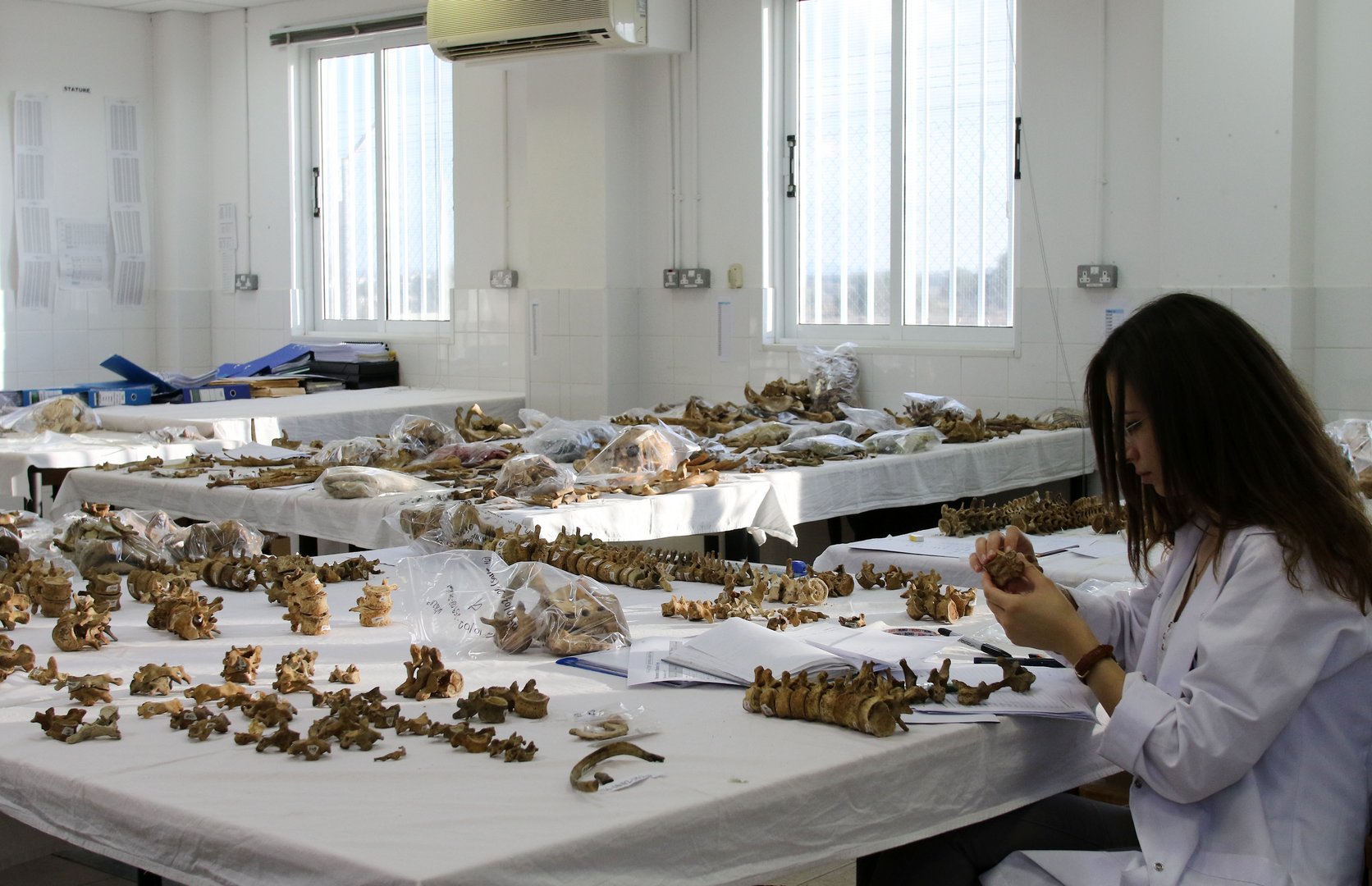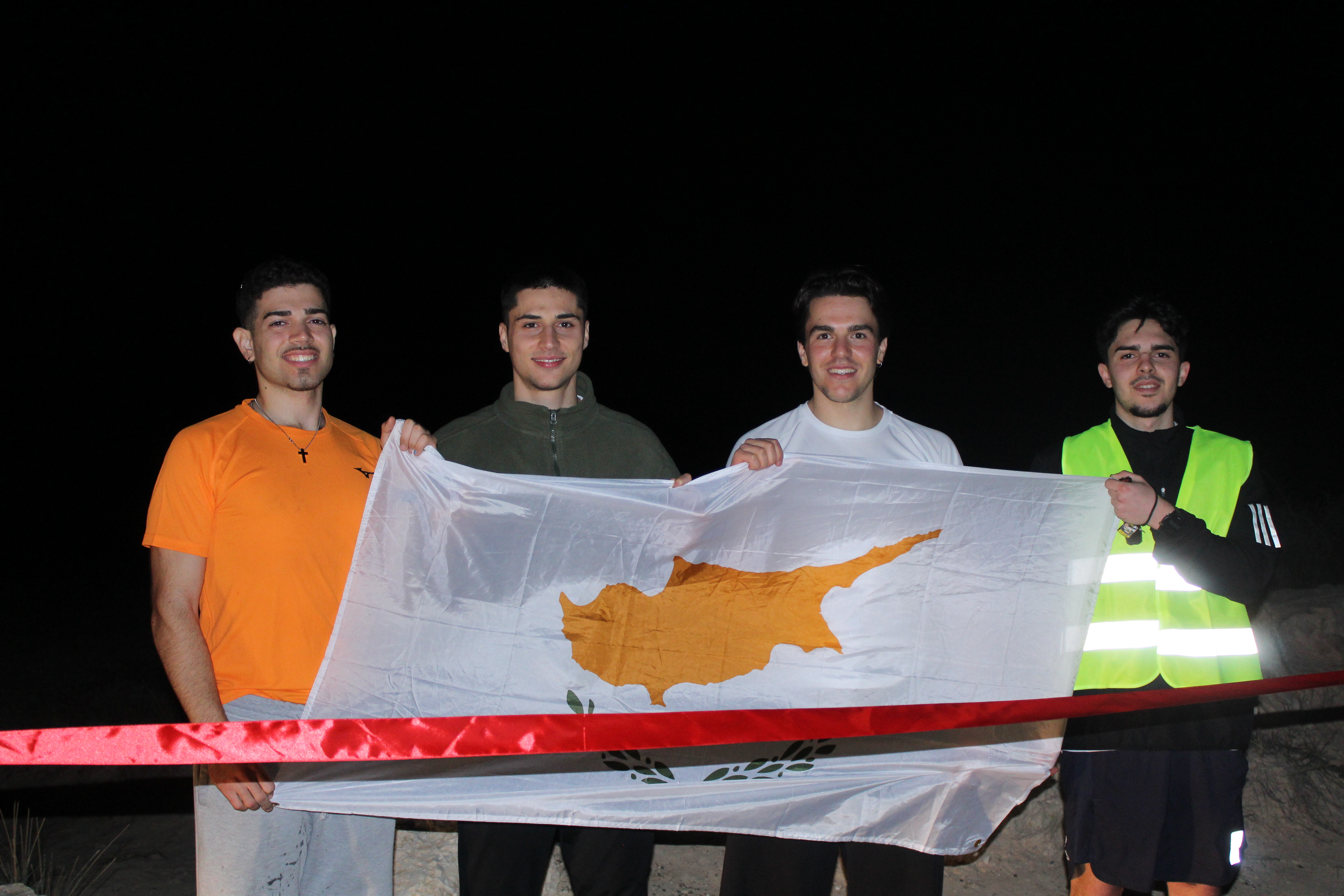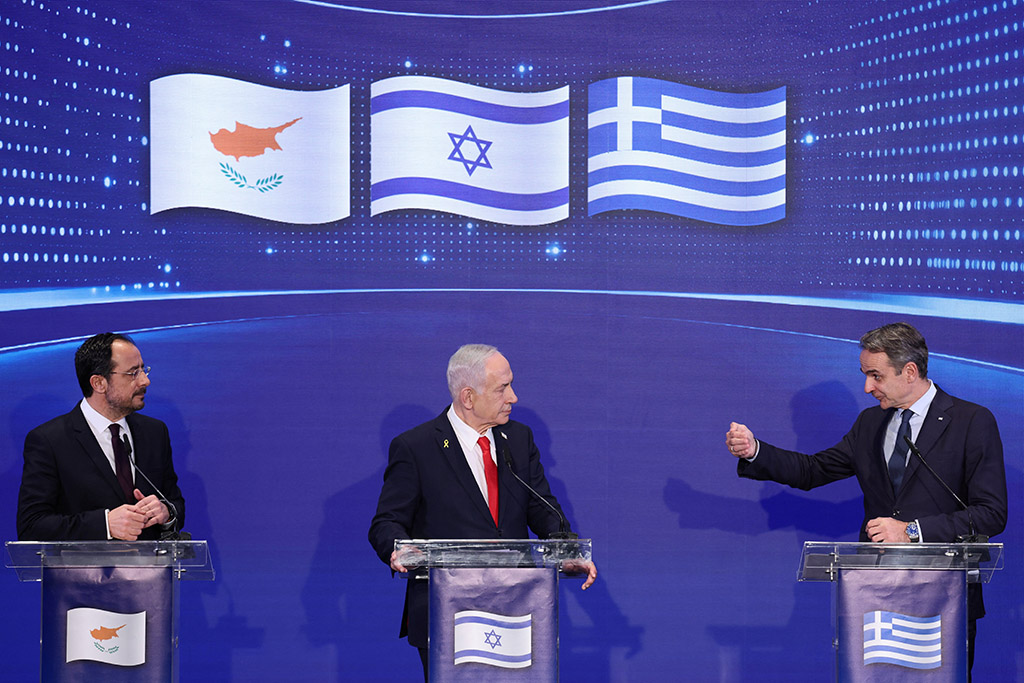Investigations into the fate of missing persons are not only a legal obligation but a moral imperative and a prerequisite for peace, Cyprus’ Permanent Representative to the UN, Ambassador Maria Michael, said on Thursday.
“Cyprus is a test of our collective will to preserve the dignity of victims and heal the wounds of conflict through truth and accountability,” Michael told a Security Council meeting in New York on the implementation of resolution 2474 on missing persons.
Turning her attention to Turkey, Michael said the country had “failed to take measures to prevent the disappearance of persons during its illegal invasion of the island” and continued to refuse to hold those responsible accountable or to provide information to families.
The ambassador called for the full implementation of resolution 2474 in Cyprus and elsewhere and “to recognise that resolving the fate of missing persons is not only a legal obligation under international humanitarian law, but also a moral imperative and a prerequisite for peace”.
“Every name that is recovered, every person that is identified, not only gives the family the opportunity to write the epilogue, but confirms our common humanity,” she said.
Michael emphasised that the resolution was essential for building trust and reconciliation, but warned that trust “is not built on silence,” and reconciliation “is not achieved when families are denied the right to know the fate of their loved ones.”
Resolution 2474, adopted in 2019, is the first Security Council resolution to deal specifically with persons reported missing in armed conflict. It calls for “greater political will to address the problem” and urges all parties to take appropriate measures to actively search for missing persons and return their remains.
During the meeting, Greece’s Permanent Representative Evangelos Sekeris also voiced support for the Committee on Missing Persons in Cyprus (CMP), saying the committee must be supported to end the suffering of affected families.
Referring to the work of the CMP, Michaelidis claimed that Turkey was denying access to military archives and burial sites, effectively hindering the work of the committee.
While the CMP had made progress, “the work is far from complete,” she said, noting that the Republic of Cyprus itself continued exhumations in areas under its control and that all relevant information was shared with the CMP.
Finally, Michael called on Turkey “maintain proactive approach to providing the CMP with all necessary information”, demanding cooperation and assistance for the tracing and identification of the missing.
This, she said, included allowing access to all areas in the north, including military zones, and “providing the CMP with all information in its possession, in particular from its military archives”.
Finally, Michael said “passed time should not be an excuse for inaction” but rather “reinforce the sense of urgency”.
Turkey’s Permanent Representative, Ahmet Yildiz, also addressed the meeting, claiming there had been “misinformation on the part of the Greek Cypriot administration.”
In response, Sekeris urged fellow ambassadors to refer to member states “by their constitutional name in the United Nations.”
Turkey has repeatedly been accused of hindering the work of the CMP in the past, with officials and the public calling on the country to cooperate an provide access to documents important for the CMPs work.
President Nikos Christodoulides has raised the issue with Turkish Cypriot leader Ersin Tatar and with other world leaders and EU officials in an effort to increase pressure for access to archives and other data to help determine the fate of the missing.
In May, Turkey drew attention by donating a digger and a machinery transport vehicle valued at €126,500 to the CMP. The Turkish Cypriot community has also contributed to the CMP’s work, with its most recent donation in October 2024 amounting to €100,000.
As of April 2025, the CMP has identified 758 Greek Cypriots and 296 Turkish Cypriots from the total 2,002 persons reported missing following the intercommunal violence of 1963 and the 1974 invasion. Eleven identifications were made in 2024.
The CMP’s work is also supported by the EU and the UN, with a €2.6m funding agreement signed in December 2024.







Click here to change your cookie preferences